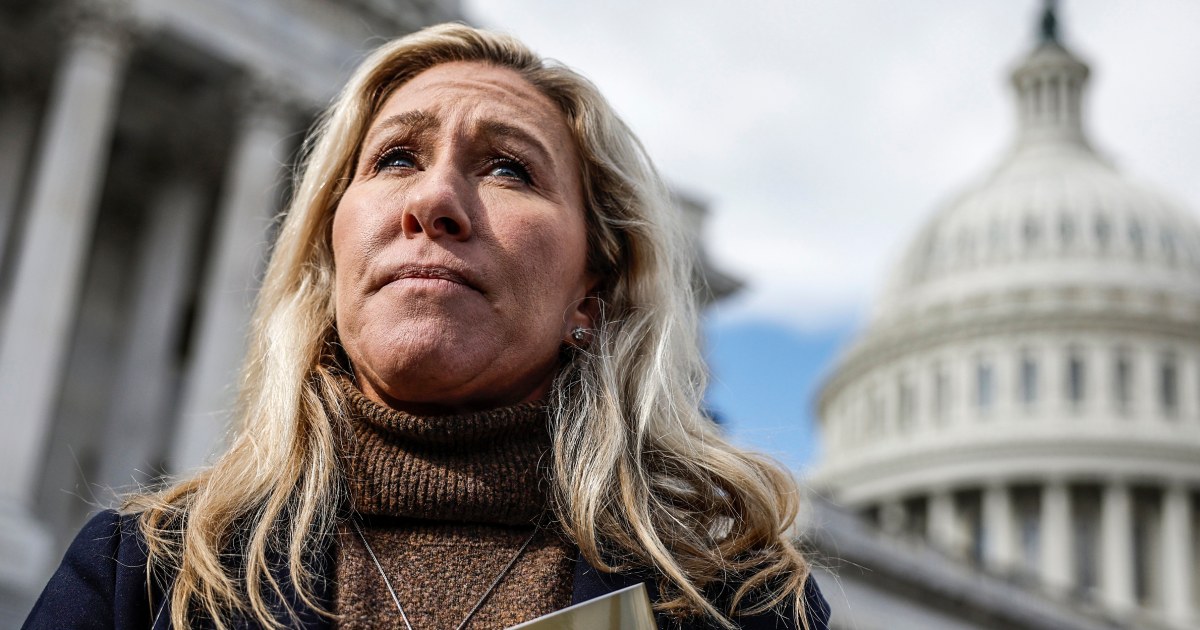...do you think the idea is for this to replace capital gains, as a one-off at some arbitrary point, & the same rate? What? That's the only scenario in which this paragraph makes sense.
It would be taxed as the value increased, probably annually. So if you buy $100 million in stocks, and they increase to $124 in a year, you pay on the $24 million increase. If next year it grows to $150 million, you pay on the $26 million increase from the $124. Over two years, you were taxed on the $50 million increase. Currently, if you buy $100 million in stocks and sell for $150 million later, you pay capital gains tax on the $50 million increase. Either way, you are taxed on the same amount. You can tax on both, I suppose, but outside of schemes involving the wealthy person dying without selling, the same amount is getting taxed at different times, it is functionally no different than just increasing capital gains tax as far as revenue, and is just different in what the incentives are, which is why those are what we are talking about.
The problem with regulating that practice away is that the US could only do so with regards to American banks, and there would still be plenty of international banks that would continue giving these loans and using stock as collateral. UK and Swiss banks are well known for being willing to skirt or outright ignore international banking regulations when it suits them.
There's also the problem of what do we do with the loans that those banks have already given to billionaires? When you owe the bank a million dollars the bank owns you. When you owe the bank a billion dollars you own the bank. What about Elon Musk owing $44 billion to banks to buy Twitter? Do we force the repayment of those loans to the banks before regulating away the ability to use stock as collateral? But they don't have "real" money to pay the banks back!
Essentially the extremely wealthy are creating debt bombs, and when they explode there's going to be yet another financial crisis and more bank bailouts paid by tax dollars. Essentially we'll be paying off the debts of the billionaires to the banks while they continue to skate with their horded wealth.
Do a targeted property tax specifically on holdings used as collateral at a percentage of the value they were considered collateral for, and make it come due if the loan isn't repaid within a reasonable time frame (with exceptions for primary residence, etc.). The ambiguity of asset values is answered in the loan contract itself, it pressures them to repay loans in a predictable time frame that would prevent perpetual loan schemes, and it wouldn't inherently put anyone in the position of selling their assets to pay to keep them since they already made the decision to risk them by setting them as collateral. I think that answers the problem without disincentivizing investment, and not taxing the loans themselves per se should overcome the foreign banking issue. It doesn't even have to be a modest tax, let it be punitive, it's totally avoidable and taxes behavior we actively want discouraged.

